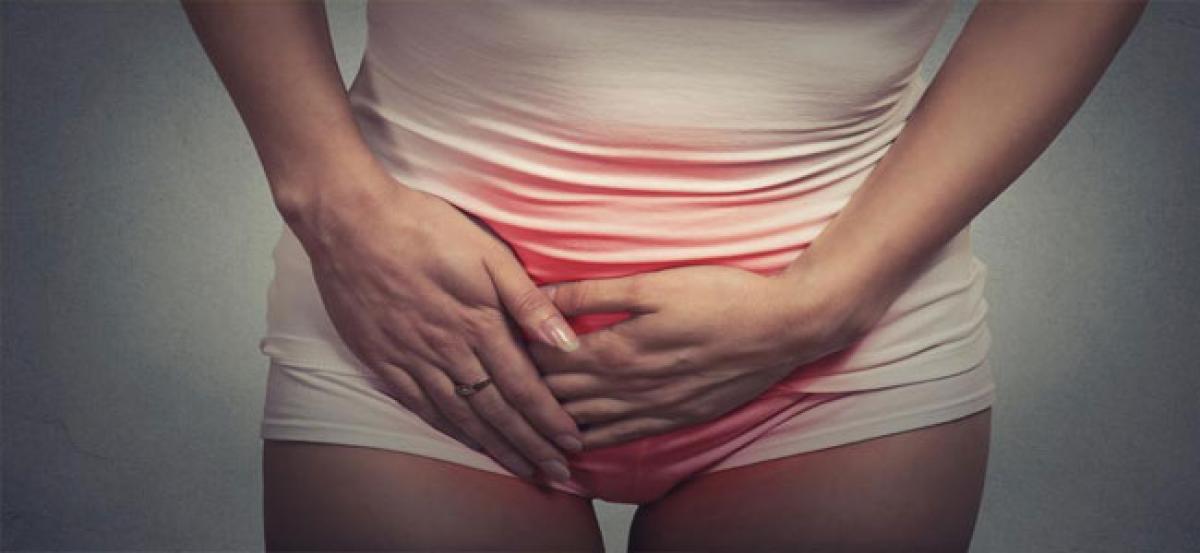Sexually transmitted disease, here’s why a mere pelvic exam can’t diagnose it

A recent study confirmed that pelvic exams do not increase the sensitivity or specificity of diagnosis. Practitioners may choose to perform pelvic exams, because urine test results are not immediately available.
A recent study confirmed that pelvic exams do not increase the sensitivity or specificity of diagnosis. Practitioners may choose to perform pelvic exams, because urine test results are not immediately available.
Pelvic exams do not help in diagnosing sexually transmitted diseases (STDs) in adolescent girls, according to a study. “Sexually transmitted disease rates for adolescent women are reaching their highest recorded rate,” said Cena Tejani, lead study author.
“Pelvic exams lack reliability and provide very little new information when compared with other methods of diagnosis. A closer review of STD diagnosis protocol could benefit the health and well-being of adolescent women all over the country.”
Out of 288 patients in an observational analysis, pelvic exam results did not change the clinician’s decision to treat a large majority (217 of the cases) with antibiotics. There were 79 patients with chlamydia, gonorrhea or trichomonas vaginal infections, according to positive urinalyses.
The pelvic exam information did influence the case management in 71 instances, 35 of which correlated with the STD tests while 36 did not. The pelvic exam information did not consistently help the physicians better identify whether the patient was STD positive or negative, the study found.
The study confirmed that pelvic exams do not increase the sensitivity or specificity of diagnosis. Practitioners may choose to perform pelvic exams, because urine test results are not immediately available, the study authors note. “Patients that receive pelvic exams may sometimes be unaccompanied minors, and sexual health -- especially for an adolescent girl -- can be a very sensitive topic,” said Dr Tejani.
“As physicians, it is important to be aware of the limitations of pelvic exam data and the impact that these invasive procedures have on some patients.” “Rapid urine STD testing provides a more accurate less invasive way to diagnose these diseases. Hospitals should strongly consider purchasing these tests to better evaluate young women with STDs,” said Dr Tejani.




















